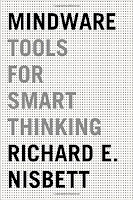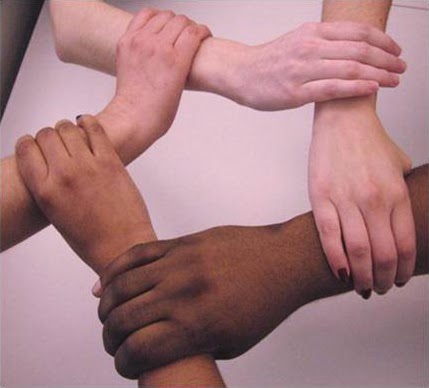The leftward drift

I came across an intriguing bit in Richard Nisbett's book Mindware which was about what he called the leftward drift. This leftward drift refers to the fact that the number of college and university students who self-identify as liberal or far left in their political orientation increase as they move through college. At the same time, the number of students who call themselves conservative or far left decreases. In other words, college makes many students drift to the left in their political views.





















